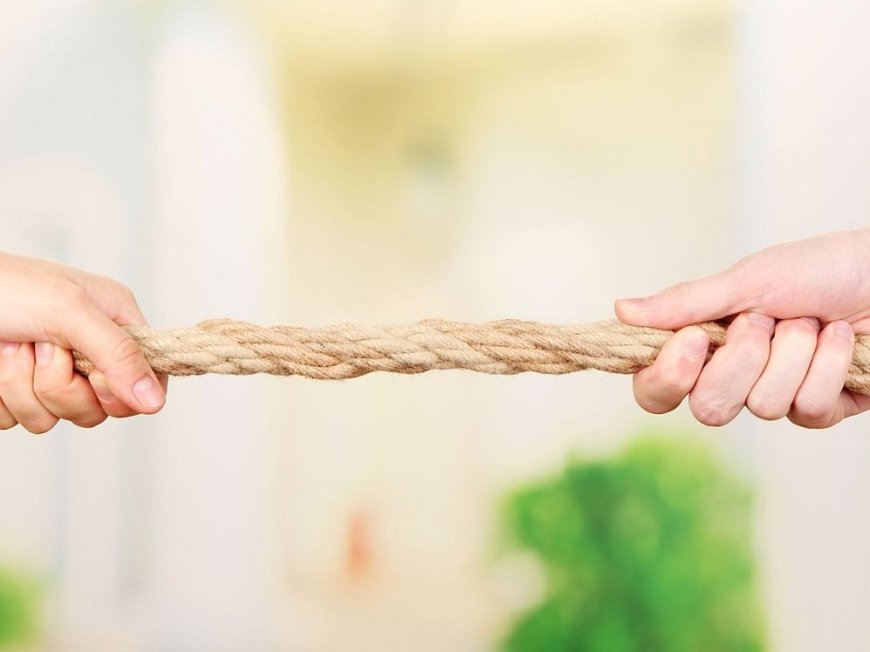Children versus adults. Are we sure we remember the same?
must be saved somehow in order to be able to use them at the right moment [1]. Children versus adults. Are we sure we remember the same?

Among the many intellectual skills needed to be successful in school, the ability to recall information plays an important role. Science is not only about receiving information - the acquired messages must be saved somehow in order to be able to use them at the right moment [1]. Children versus adults. Are we sure we remember the same?
The question of whether it is worth having a better memory is rhetorical. After all, good memory means saving time, which we always have too little, more trust in others and in ourselves. It causes peace, ease, optimism and an inner smile.
Me and my experiences
For 120 years, psychologists have been studying memory and constructing theories explaining the secrets of remembering, storing experiences in the mind and recalling them [2], while at school this knowledge is very timidly visible among individual teachers.
Memory is the most important mechanism for recording a personal experience. Processing it and storing it, and then recreating it when needed. It is worth emphasizing the issue of personal experience here because we cannot remember something that we do not experience. Which we do not pay attention to. Thus, we can see a strong relationship between the processes of remembering and learning processes, because the effect of learning is any relatively permanent change in behavior, thinking, and feelings of an individual resulting from past experience [3].
Focus and remember
Frequently published studies of children's thinking have led educators to believe that intellectual activities performed by children are fundamentally different from the reasoning of adults. Unfortunately, this common awareness is not about focusing attention and remembering. Most adults still have the idea that children, like them, are memory solvers. The problem is that children's memory functions differently, and this discrepancy results in serious misunderstandings and troubles at school and at home [4].
Must Read: 7 components of the information system
The results of research on the functioning of children in œyou have to remember situations are full of paradoxes and often contradictory findings. However, they all indicate that children do not perform well in a "remember and repeat" situation when it is under forced laboratory conditions. They then behave as follows:
- Preschoolers are passive and do not undertake activities proving that they are trying to remember something at all,
- Beginner class students are already functioning a bit better and are trying to do something to meet the expectations of adults,
- Only ten-year-olds, i.e. slightly older students, are able to effectively use the repetition. And organization of information for their more lasting memorization. As a result of which most of them achieve higher rates of memorizing freely than involuntary.
The intensive development of simple memory strategies occurs in children in the first years of school education. Only older children begin to use more complex strategies, at the end of their primary education. Note that it is relatively late considering school requirements [5] and also late compared to expectations in many family homes. The conviction of both parents and teachers that a child should memorize something "on-demand". unnecessarily lowers his self-esteem and causes a lot of unjustified frustration for adults. Both of these things do not in any way support memory or learning. And additionally reduce the motivation of the learner and the teacher.
I remember with my imagination
In order to assimilate information, it is often enough to process it actively without the intention of remembering it. Children remember everything they paid attention to, e.g. an advertisement, a computer game, players' names or a song. If a child focuses attention on something, it registers it in his mind and therefore remembers it. It does not have to be accompanied by an attitude like: I want to and try to remember. On the contrary, such an attitude on the part of the parent or the teacher can put too much pressure on the child, and thus become blocked. Children are not yet aware of how their active mind works, they do not know that they have something like memory and that they can record what they want in their memory [6]. However, with a very high probability, they will unintentionally remember what will interest them, which will attract attention.
So I encourage everyone to learn themselves and also to teach children differently. You have to give up mechanical learning and start remembering with your imagination, using the full potential of your brain. It is worth learning and teaching others according to strategies adapted to them while stimulating intelligence and creative thinking [7]. You can learn about such strategies, among others on the website nazwani.pl. After completing the test package and getting to know your individual learning style. We will receive proposals of effective learning methods and techniques that engage all senses, activate our imagination and emotions.
